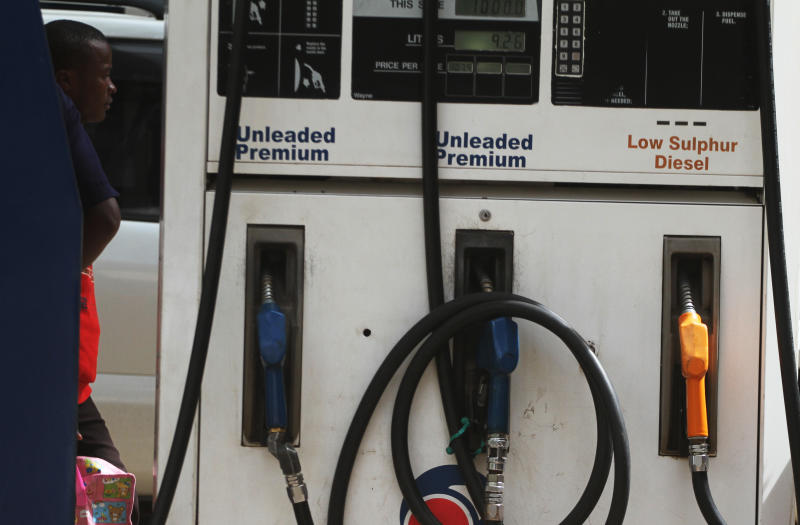×
The Standard e-Paper
Smart Minds Choose Us

The VAT Act 2013 that came into effect on September 1, 2013 introduced value added tax on petroleum products such as petrol, diesel, kerosene and natural gas.
However, noting the adverse effects of introducing VAT on petroleum products, the VAT Act 2013 exempted petroleum products for a period of three years from commencement of the Act.